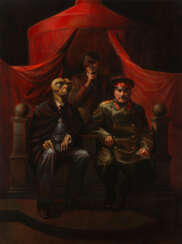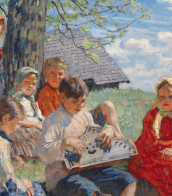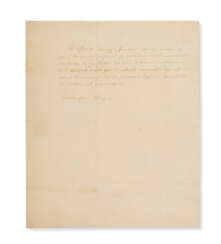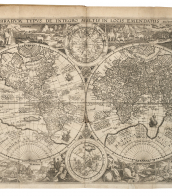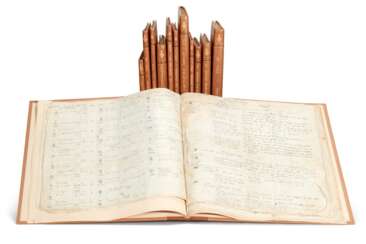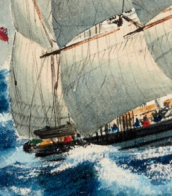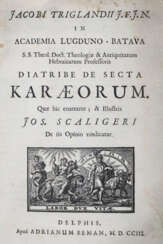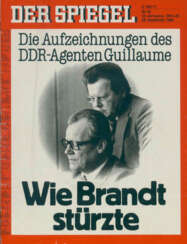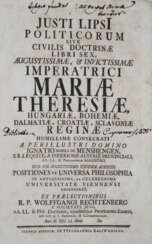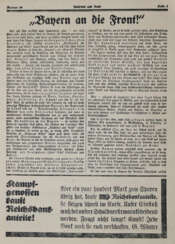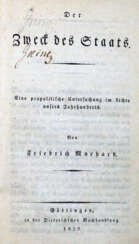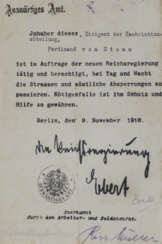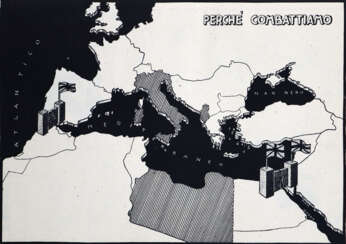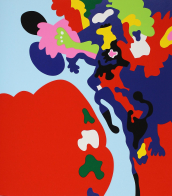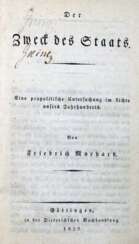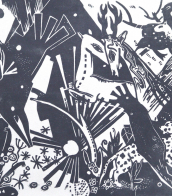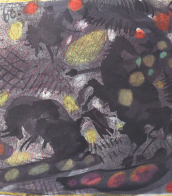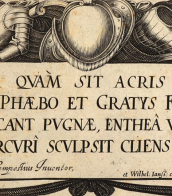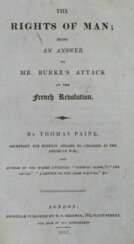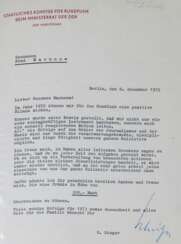politics and political science
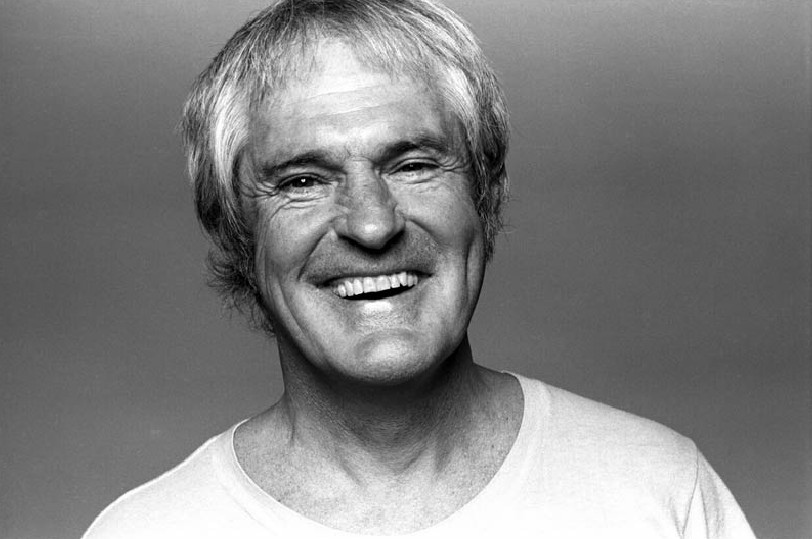

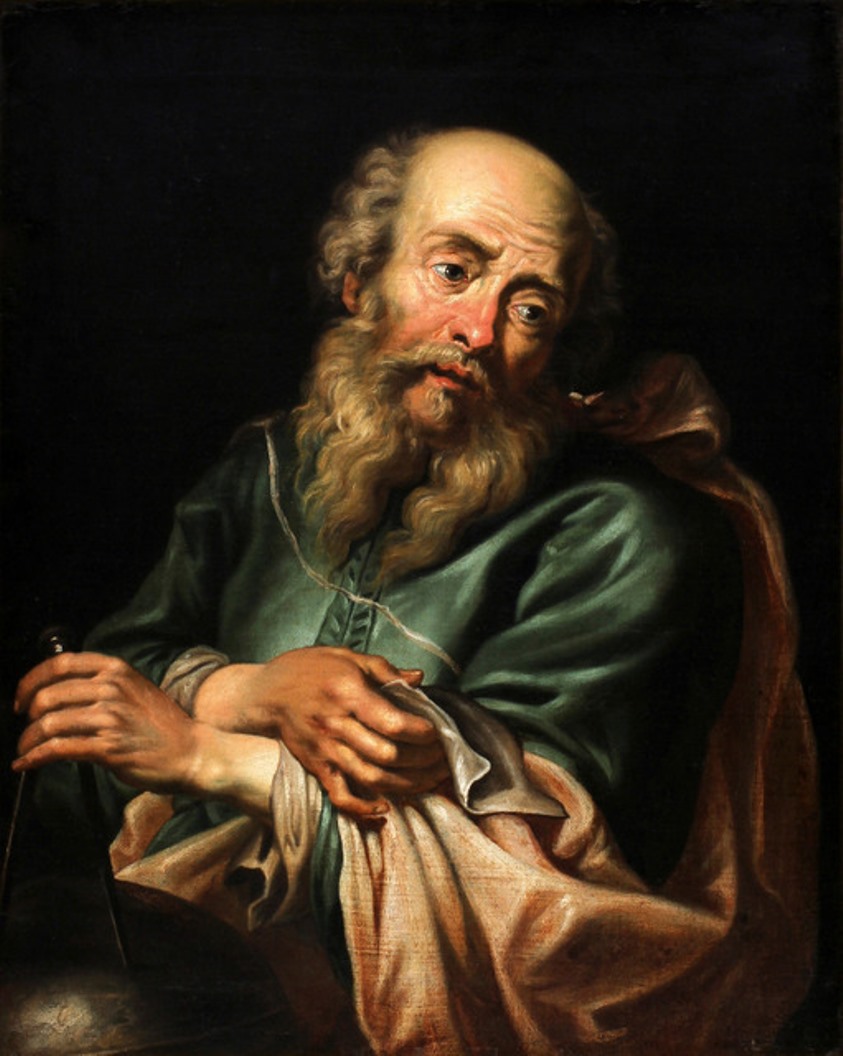
Galileo Galilei was an Italian naturalist, physicist, mechanic, astronomer, philosopher, and mathematician.
Using his own improved telescopes, Galileo Galilei observed the movements of the Moon, Earth's satellites, and the stars, making several breakthrough discoveries in astronomy. He was the first to see craters on the Moon, discovered sunspots and the rings of Saturn, and traced the phases of Venus. Galileo was a consistent and convinced supporter of the teachings of Copernicus and the heliocentric system of the world, for which he was subjected to the trial of the Inquisition.
Galileo is considered the founder of experimental and theoretical physics. He is also one of the founders of the principle of relativity in classical mechanics. Overall, the scientist had such a significant impact on the science of his time that he cannot be overemphasized.
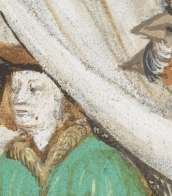
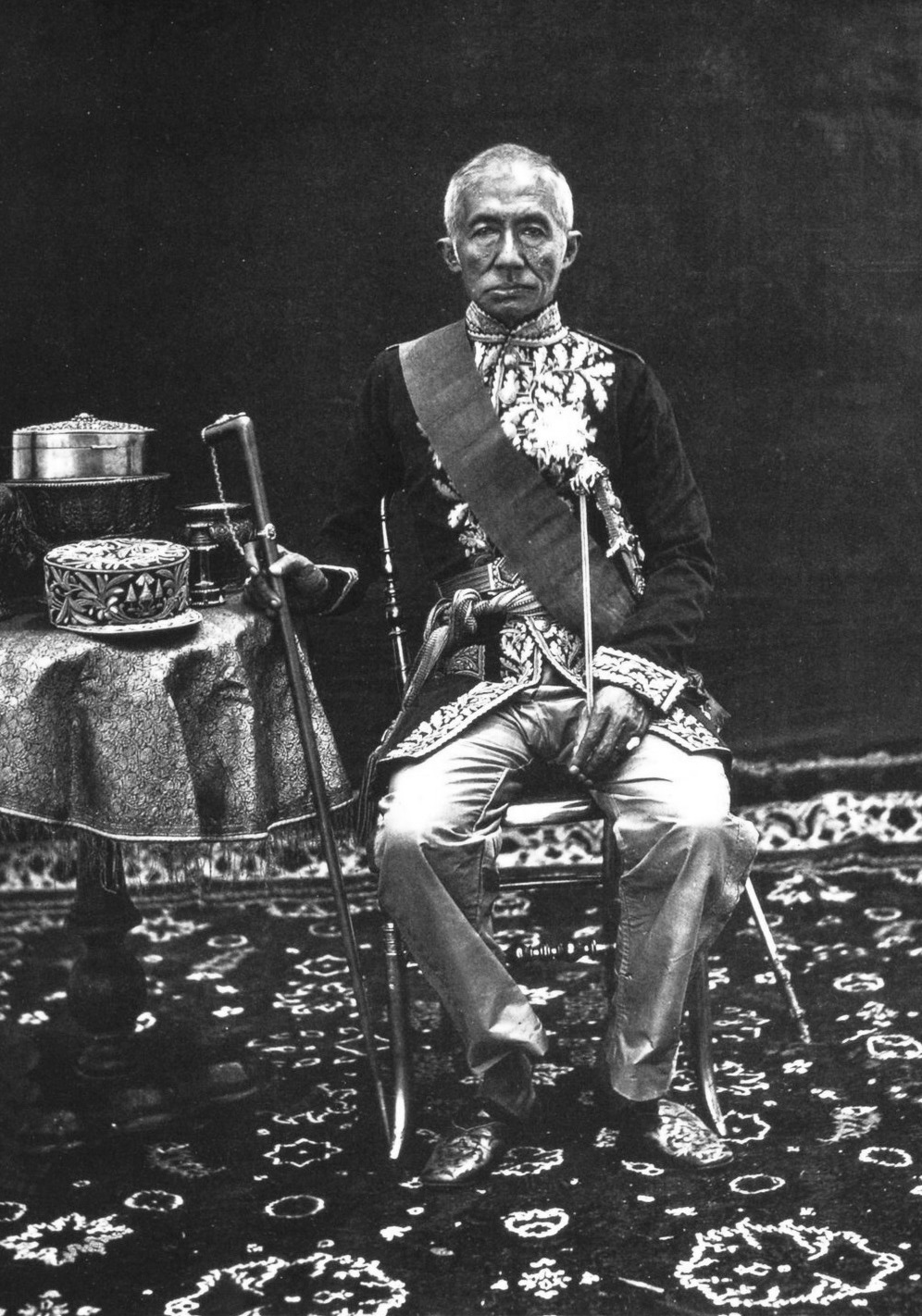
Mongkut, also known as Rama IV, was King of Siam (modern-day Thailand) from 1851 to 1868.
Mongkut was a talented artist and expressed his art through various media. He was fond of painting, wood carving and other artistic techniques. His works mainly reflected Thai culture, nature and religious themes.
Mongkut supported the development of art during his reign by encouraging and sponsoring artists to create new works, murals and decorations in monasteries and temples.

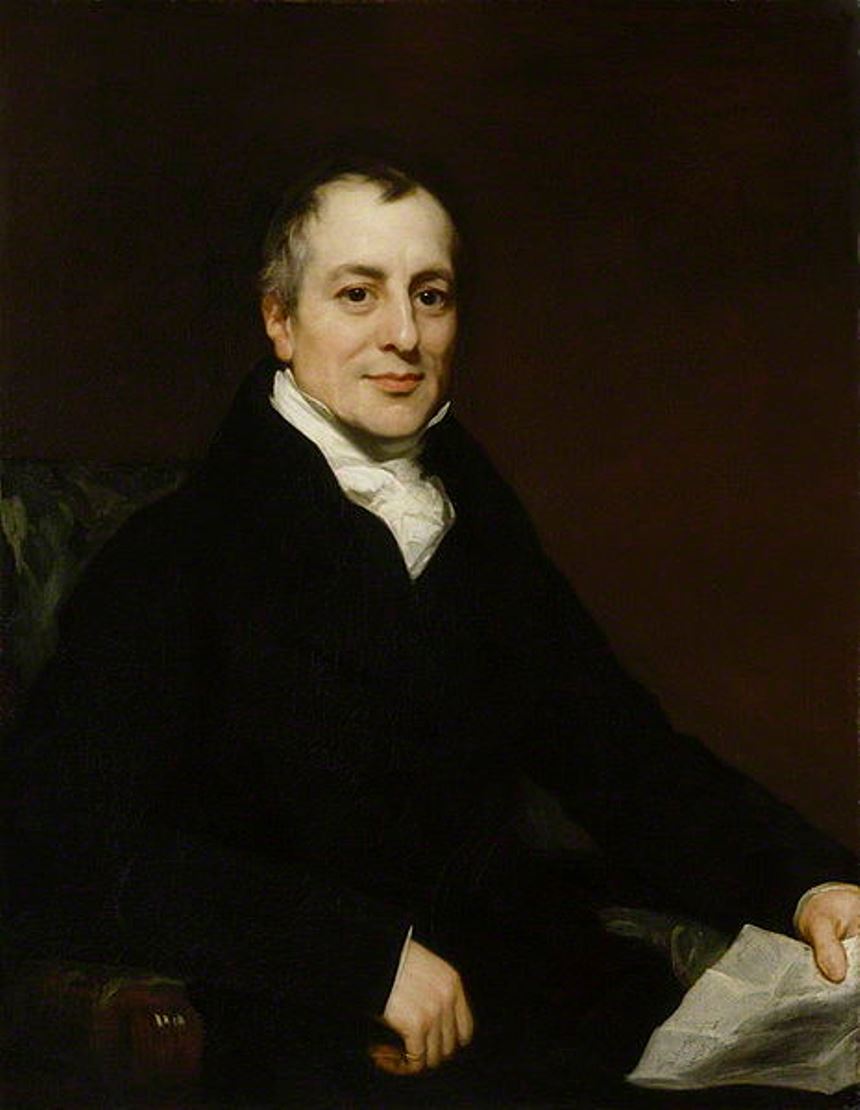
David Ricardo was a British economist and a classic of political economy.
David's father, a stockbroker, came from a Jewish family and emigrated from Holland to England in the early 1770s. After his studies, young David was hired by the London Stock Exchange and worked with his father, but at the age of 21 he broke away from his family. He soon started his own business as a dealer in government securities and became rich very quickly. At the age of 27, Ricardo became seriously interested in economics and from 1809 began to publish articles in the press on topical issues of currency and economics. He met the economist James Mill, who became his political and editorial adviser. He also befriended the utilitarian philosopher Jeremy Bentham and Thomas Malthus.
Ricardo's major work was On the Principles of Political Economy, and Taxation, published in London in 1817. It was a fundamental contribution to economic science and the first systematized approach to the subject. In this work, Ricardo addresses the "main problem of political economy," defined as determining the laws governing the "natural course of rents, profits, and wages" over time. He also develops ideas advanced in Adam Smith's The Wealth of Nations (1776), outlining a new labor theory of value, as well as theories of international competitive advantage and the effects of taxation. Ricardo was the first to formulate the "classical" system of political economy, and his ideas dominated economic thought throughout the 19th century.
By the age of 41, David Ricardo had completely retired from business and began to lead the quiet life of a gentleman and landowner on his estate. In 1819, Ricardo was elected to the British Parliament as an independent representative of a district in Ireland.

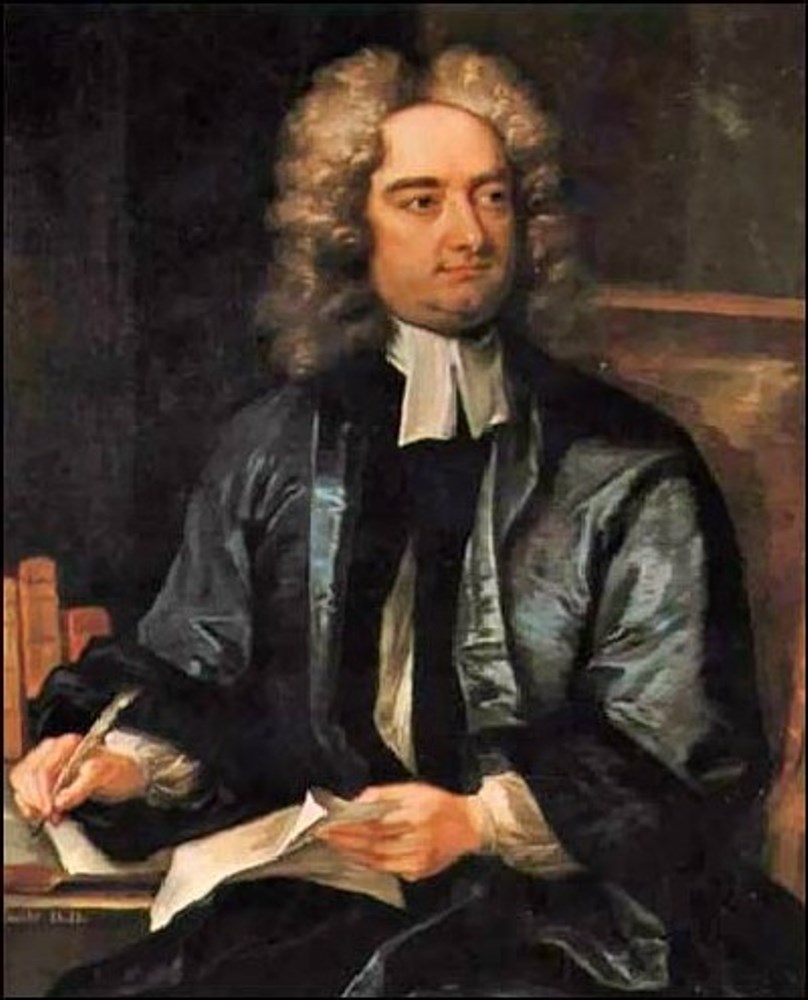
Jonathan Swift was a British-Irish writer, essayist, philosopher, and author of the world-famous satirical novel Gulliver's Travels.
Swift also wrote numerous works, including The Tale of the Barrel (1704), An Argument Against the Abolition of Christianity (1712), and A Modest Proposal (1729). Almost all of Swift's satirical works were published anonymously, giving the author wide latitude in expressing his talent as a satirist.
Swift was a clergyman, made a career in London, became the chief pamphleteer and political writer of the Tories and headed the Tory journal "The Inspector", and then returned to Ireland, where he created his major life's work.
The four-part novel Gulliver's Travels, Jonathan Swift's greatest satire, was first published in 1726 and has since been reprinted hundreds of times in many languages around the world. The author describes in an engaging style the different races and societies that Gulliver encounters on his travels to ridicule the many errors, follies, weaknesses and vices to which people and society at large are subject. The author's boundless imagination, bitter irony, keen intellect and brilliant language give this work a world-class scope.





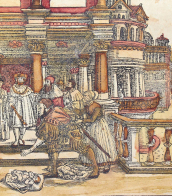
![[GALILEO GALILEI (1564-1642) and Girolamo SPINELLI (c.1580-1647)]](/assets/image/picture_4734998/a317b/b78ba02793ea9f7c89bc2421c803edfc1752012000jpg__fix_374_244.jpeg)
![[GALILEO GALILEI (1564-1642) and Girolamo SPINELLI (c.1580-1647)]](https://veryimportantlot.com/assets/image/picture_4734998/a317b/b78ba02793ea9f7c89bc2421c803edfc1752012000jpg__fix_374_244.jpeg)






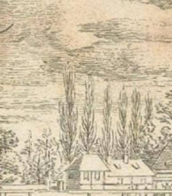
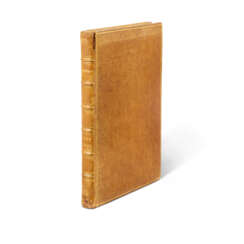


![[SWIFT, Jonathan (1667-1745)]](/assets/image/picture_4734693/c3140/054561494161e5c9b8160bc5c95e93951752012000jpg__fix_374_244.jpeg)
![[SWIFT, Jonathan (1667-1745)]](https://veryimportantlot.com/assets/image/picture_4734693/c3140/054561494161e5c9b8160bc5c95e93951752012000jpg__fix_374_244.jpeg)
